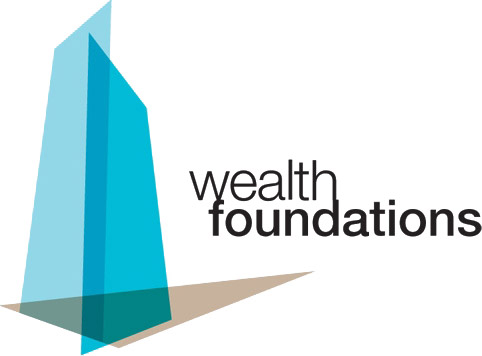What is coaching?
Most people are familiar with the term coaching in reference to the sports coach. However, since the 1970’s, coaching has been developing in other areas such as business, personal, health and wealth and is becoming a more accepted business practice.
Coaching is a discipline for development, like consulting, counselling, training and mentoring. Rather than focusing primarily on solving problems (consulting) or dealing with difficulties (counselling), it operates from the premise of “how can I make things even better?”
Coaching is not focused on teaching new knowledge or skills (training) or in providing advice from a more experienced position (mentoring). It is a solution focused discipline that helps people gain clarity and motivation to move towards a positive outcome (rather than away from a negative outcome).
Tim Gallwey, the author of “The Inner Game of Tennis”, describes coaching as “creating the environment for people to develop their capabilities and their skills.” It’s about learning, he says, and a good coach needs to have an excellent understanding of the learning process.
From this perspective, coaching is more about the process of change than it is about the content of what is being changed. In a wealth management sense, a good coach can be someone who may not be an expert in investing but will be an expert in the process required to help people learn to become better investors and decision makers.
At its core, good coaching is about helping people convert what they know into positive action.
